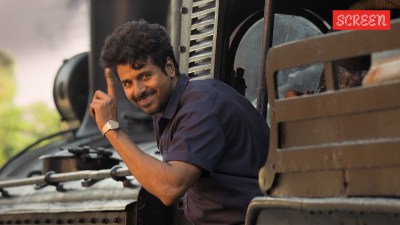Sanskrit a must8217; till Class IX
NEW DELHI, July 20: In a significant move, the Delhi Government has made Sanskrit or any other modern Indian language compulsory up to cl...

NEW DELHI, July 20: In a significant move, the Delhi Government has made Sanskrit or any other modern Indian language compulsory up to class IX for students in all schools, including public institutions.
With schools clearly stating that teachers for other modern Indian languages will be difficult to come by, this order is likely to result in Sanskrit, effectively, becoming the third language.
In an order dated July 6, the Directorate of Education has instructed all government, government-aided and unaided recognised schools of Delhi to implement the three language formula in class IX with effect from July 1 and from April 1, 1999 in Class X.
The cabinet took the final decision on April 25 and the order issued subsequently states: 8220;Three languages Hindi, English, Urdu, Sanskrit and any modern Indian language shall be taught up to X class. Further, the students may give the examination in all three languages but only marks of two languages would be considered in the X class board examination.8221;
Students of class IX will have to pass their exams in all three languages. All schools have been instructed to revise their time-table and accommodate the third language. In the schedule provided as part of the order, the number of science, social science and language I classes have been reduced to ensure six periods for the third language. This revision will result in periods going up from 44 to 48 in a week.
8220;This is absurd,8221; says Indu Pillay, principal of Mothers International School, who has not yet received her copy of the order. 8220;The academic session starts in April and the planning for it is done much earlier. The number of teachers required and the work load distribution is decided then. Introducing a new subject in the middle of the session will be very difficult.8221;
The government on their part have asked the heads of all government and government-aided schools to send 8220;revised post fixation proposals to the Planning Branch for sanction of required number of posts of teachers8221;.
Education officers are doing the rounds of schools, to figure out teacher requirement.8220;Almost all government-aided schools have a surplus staff that will be absorbed,8221; says C.P.S. Chauhan, president of the Government-Aided School Teachers Association. 8220;Once the mismanagement in most schools is sorted out, there will be very few vacancies.8221;
What has been termed as just a 8220;step to introduce Sanskrit8221; seems to have overlooked the fact that the three language strategy will add to the 8220;burden8221; on students. 8220;We have not yet got the order, but when we do, it is going to be very difficult to implement,8221; says R.K. Bhatia, principal, Modern School, Barakhamba Road. 8220;The pressure is only going to increase.8221;
- 01
- 02
- 03
- 04
- 05






























